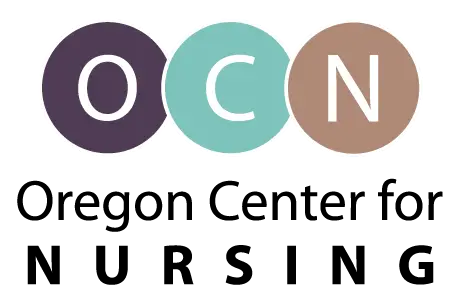Inclusive
Nursing
Communities
Peer Networks. Identity-Based Leadership. System-Wide Belonging.
OCN maintains and shares a directory of nursing-focused communities that center identity, connection, and belonging. These peer networks, professional associations, and community organizations support leadership development, collaboration, and systems-wide improvement — especially in areas where providers may experience isolation or difference from the communities they serve.
Whether you're a health system leader looking to broaden recruitment, an educator deepening program inclusion, or a funder expanding your understanding of workforce environments, these tools offer a starting point for connection and shared purpose.
Understanding the Landscape
Oregon’s geography and demographics create both opportunities and challenges in building inclusive systems. Today’s emerging nursing workforce reflects a broader spectrum of identities than ever before — yet many regions remain demographically homogenous, contributing to gaps in representation and connection.
While OCN’s work centers on systems-level stakeholders — such as employers, educators, and policymakers — we recognize that inclusive change begins with understanding the lived experience of today’s nurses. These resources offer a strategic starting point: to help leaders design environments where all providers are equipped, valued, and supported.
Workforce Gaps & Representation
Nearly 57% of students in Oregon’s nursing programs come from backgrounds underrepresented in many parts of the state. This includes individuals of diverse races, genders, and identities. In practice, this means new graduates often enter professional environments where their identities are not reflected — increasing the risk of isolation, bias, and inequitable treatment.
These conditions are not only individual burdens — they are organizational risk factors. When unaddressed, they impact retention, team cohesion, and the sustainability of workforce pipelines.
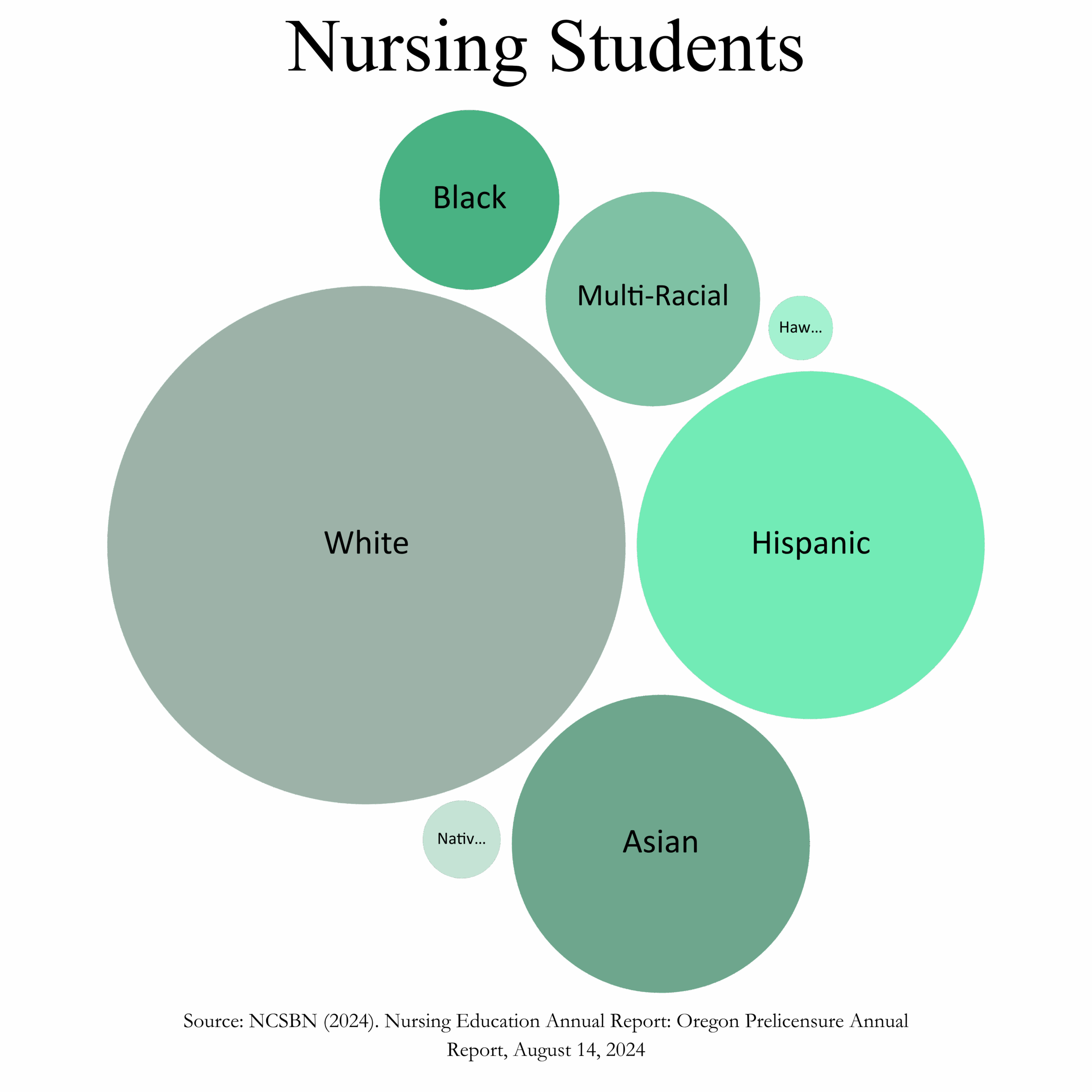
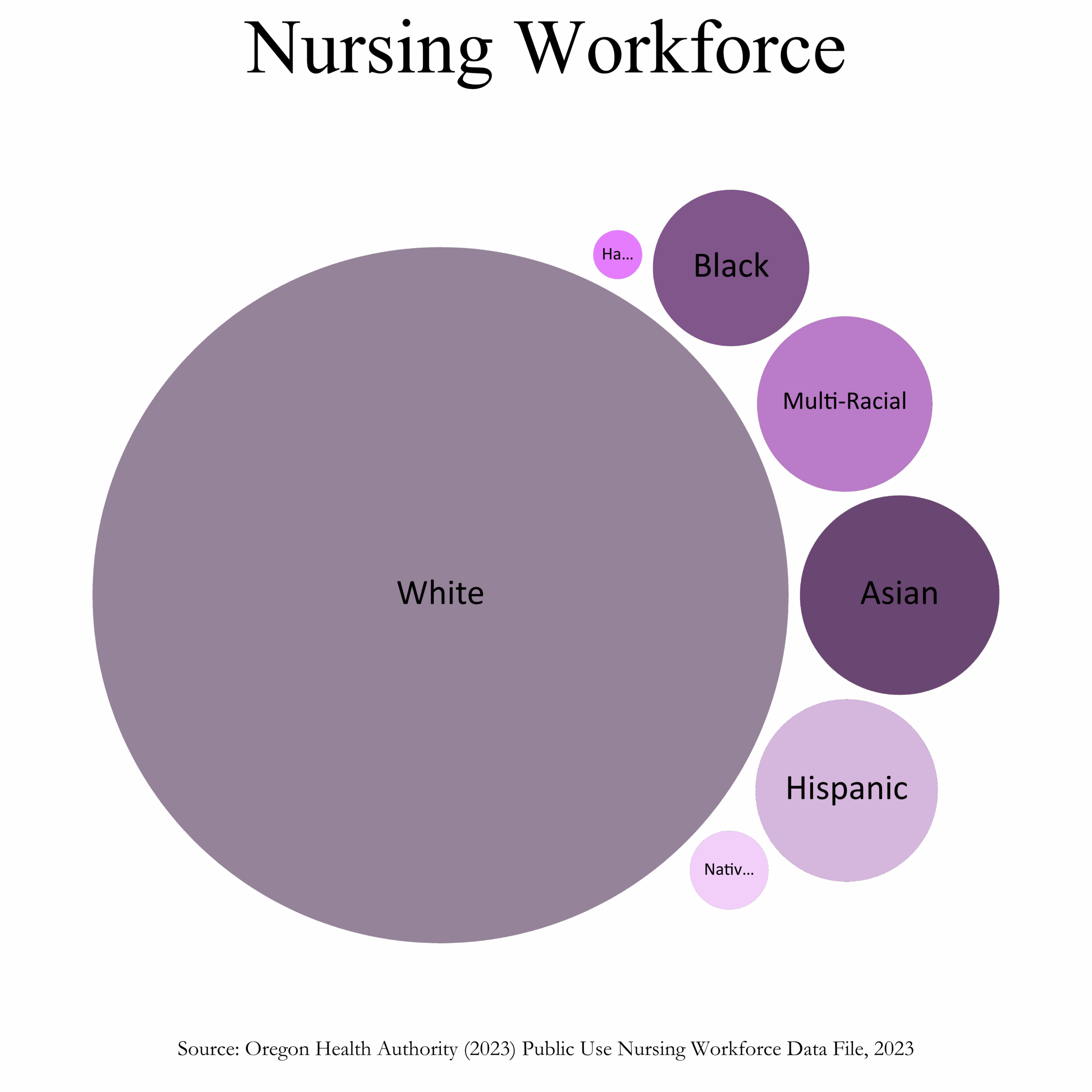
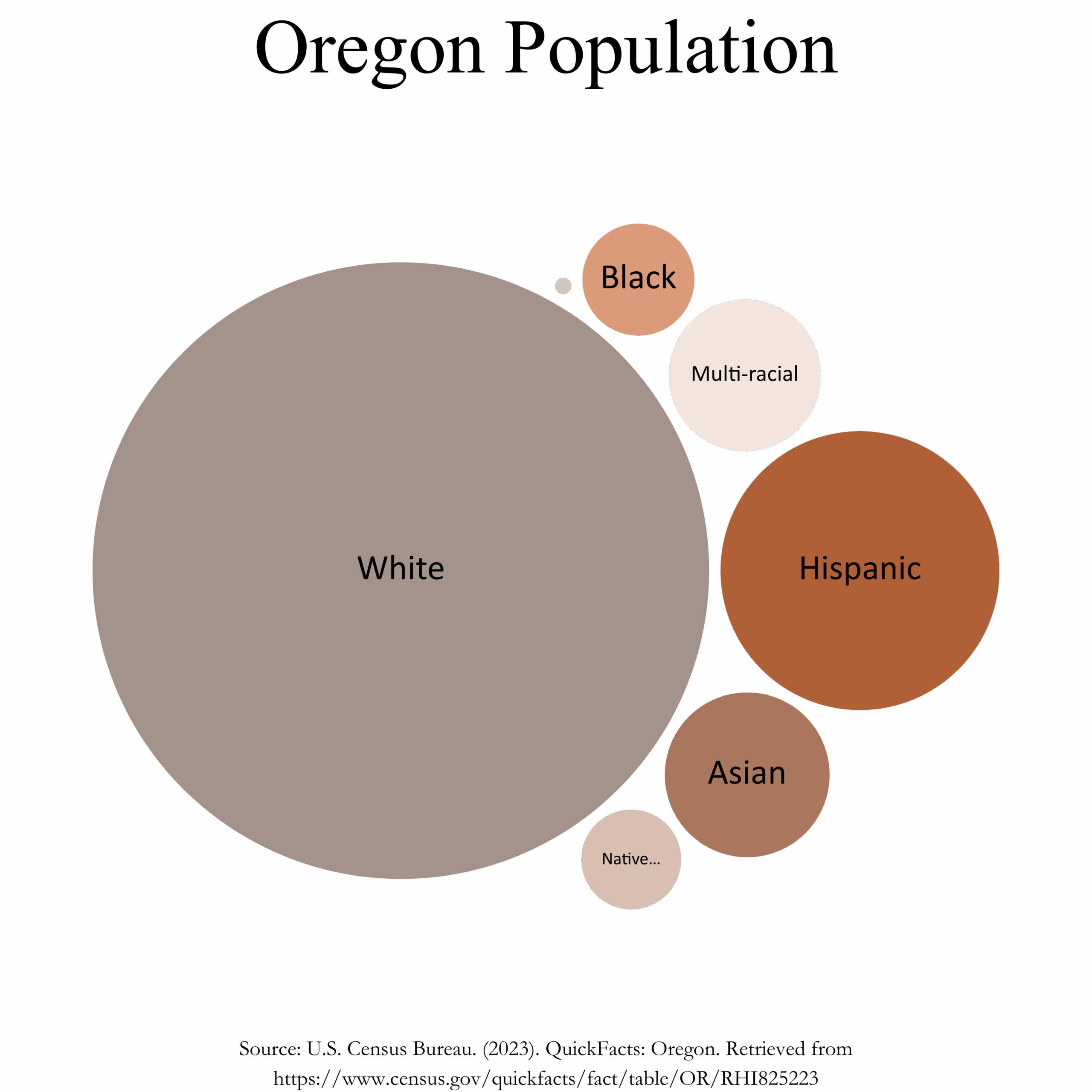
Facing Discrimination, Bias, & Prejudice
Bias in healthcare workplaces can take many forms — from overt discrimination to subtle patterns like microaggressions or exclusion. Men in nursing or LGBTQ+ professionals—may experience additional scrutiny or stereotyping.
Understanding these dynamics is essential for organizations committed to retention, psychological safety, and workforce equity. This directory highlights peer networks and identity-based associations that serve as partners in addressing these issues at both individual and systems levels.

Strategic Role of Professional Networks
Professional associations and identity‑based networks offer strategic infrastructure for building fairness, representation, and belonging across nursing. They provide mentorship, advocacy, leadership development, and policy engagement—creating spaces that strengthen workforce advancement and retention.
For health systems, academic institutions, and funders, these networks are ready-made collaborators in equitable recruitment, culturally attuned staffing programs, and leadership pathways.

Don’t be afraid to get involved. If there is a group or policy that you want to learn more about or support, show up! I’ve found that people want to create coalitions and appreciate people getting engaged who want to help. Be patient, listen and be empathetic.
~ Rep. Travis Nelson
The National Association of Hispanic Nurses promotes the professional advancement of Hispanic nurses and advocates for health equity through national leadership, education, and policy engagement. Annual membership is fee-based and offers access to chapters, mentorship, and development programs—making it a strong partner for institutions committed to inclusive hiring, retention, and workforce impact.

The Latino Provider Association is a community-based network advancing culturally responsive care by connecting Latino health professionals and supporting pathways into leadership and service. While membership structure is not publicly listed, organizations seeking to expand representative hiring and culturally rooted partnerships will find alignment with LPA’s equity-driven approach.
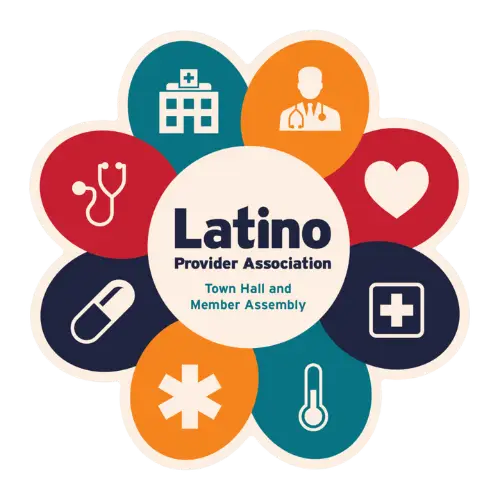
The Alliance of Black Nurses Association of Oregon, a chapter of the National Black Nurses Association, supports the advancement of Black nurses through mentorship, advocacy, and professional development rooted in lived experience. Membership includes local and national dues, making it a valuable investment for employers and educators seeking partners in leadership development, workforce retention, and equity-centered recruitment.

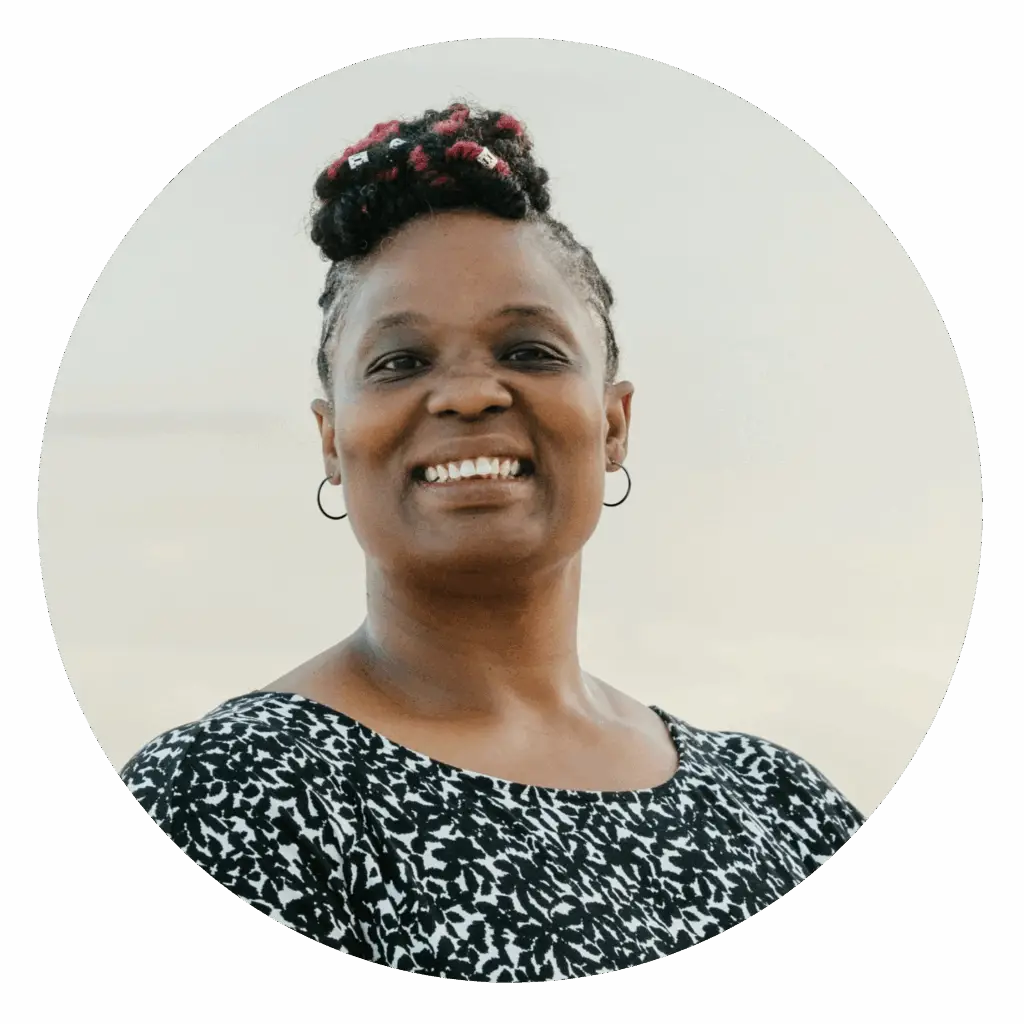
None of us are meant to walk alone. We are stronger together. One of my favorite proverbs says, “If you want to go fast, go alone. If you want to go far, go together.” That truth has been central to my journey. I’m a firm believer in the power of community—because it’s through others that we grow, lead, and thrive.
~ Angel Harris, MSN, RN, Faith Community Nurse
The Philippine Nurses Association of America serves as a national voice for Filipino nurses, advancing leadership, community engagement, and advocacy through a culturally rooted lens. Membership is fee-based and includes access to local chapters, national programs, and leadership institutes—offering valuable pathways for employers and educators to support one of the largest ethnic groups in the U.S. nursing workforce.
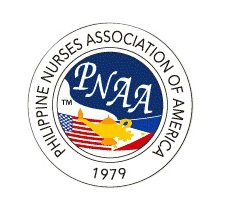
The Nurses of Color Collective is an Oregon-based affinity network centering the voices and experiences of BIPOC nurses through peer connection, healing spaces, and shared advocacy. While not a formal membership organization, it offers a vital point of engagement for institutions looking to understand and support the lived realities of nurses navigating structural inequities in care and career.

Help Expand This Resource
Know of a group or resource that should be featured here? Have feedback on how to improve this page for strategic stakeholders? Let us know. — your insight supports a more inclusive and effective Oregon nursing workforce.
The Oregon Center for Nursing (OCN) maintains peer network directories and professional resources to support belonging, leadership development, and inclusive workforce practices. These tools help employers, educators, and policymakers strengthen the systems around Oregon’s diverse and evolving nursing workforce.
